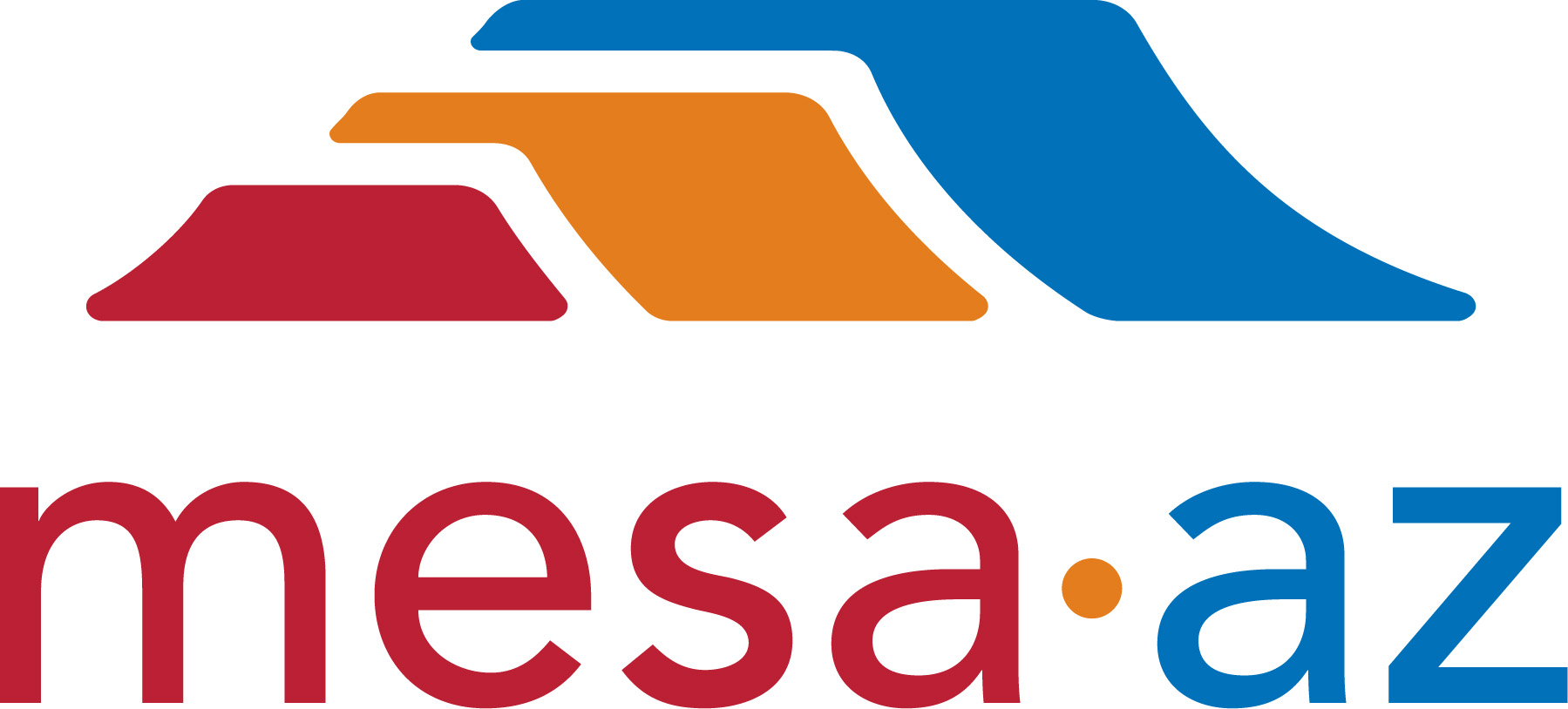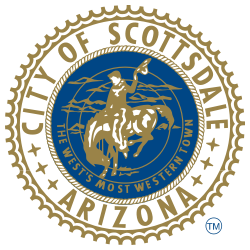In This Issue
Li-Cycle Recycling Facility tour
Upcoming webinars
Funding opportunities
Li-Cycle Lithium Battery Recycling Facility
This month VSCCC was very happy to be able to help arrange a tour of Li-Cycle for our friends at the Intertribal Council of Arizona. As communities and tribes investigate adopting electric vehicles (EV’s), they are faced with many different concerns. One of these concerns is the potential impacts of spent EV batteries on the environment. EV’s may be a low emission vehicle, but their batteries pose a special challenge when they need to be disposed of.
That’s where Li-Cycle comes in. The company specializes in recycling lithium-ion batteries, especially those from EV’s. Their facility here in Gilbert Arizona is specially designed to break down and reclaim important materials from the batteries it receives. Using a closed loop underwater system, batteries go through several steps of shredding and sorting to break them back down into their base materials. At the end of this process, three different materials are reclaimed. These are plastics, metals, and black mass. This black mass consists of the precious metals found in batteries including Lithium. All these recovered materials are then sent to other facilities where they are used in the production of new products, as fuel, or in the case of the black mass, made into new batteries.
As the country adopts more EV’s, facilities such as Li-Cycle will become even more important. Recycling operations highlight just how important it is to consider the full lifecycle of alternative fuel vehicles such as EV’s. This means looking at more than just the tail pipe emissions of a vehicle. Consideration must also be given to the environmental impacts of acquiring the materials needed for building the vehicle as well as the disposal of those materials once the product reaches the end of its useable life. Recycling processes like those at Li-Cycle can make disposal of EV materials safer and put critical materials back into the battery manufacturing process.
Remember to dispose of electronics and batteries appropriately. For safety reasons, lithium batteries should not be thrown into regular trash or recycling receptacles. Check your community for a battery recycling program or hazardous waste drop off service. Check out the EPA’s page on Battery Recycling to see best practices and locate a recycling or drop off site near you.
Webinars
Working with Electric Utilities in Public Transportation’s Zero-Emission Transition
November 29, 2023 at 2pm EST
On Wednesday, November 29, FTA will co-host a webinar with the American Public Transportation Association (APTA) with tips for transit agencies to work with public electric utilities as they transition to zero-emission vehicles. Attend to learn more about reviewing the physical infrastructure and power-supply required to charge multiple battery electric buses at a time, and ways to work out the most favorable rates.
SRP Coffee Connection: Grants and Funding for Electrification
December 5th, 2023 at 11:30 MST
Join SRP Tuesday, December 5th at 11:30 a.m. MST for an a SRP Coffee Connection that will focus on the tools available to help commercial customers fund their electrification projects and how SRP’s rebate programs can assist them. Topics covered will include current funding and grants available for qualifying electrification projects, barriers and hurdles, how to apply for rebates, and more. Plus, guest speaker Carolyn Powell with Merchants Fleet will join to share insider knowledge on the best grants and rebates for businesses.
Reserve your spot using the link below. You will receive a confirmation email with information about joining the webinar. Please feel free to pass this invite along
Future of Public Transportation: Online Dialogue
November 20-January 5, 2023
The Federal Transit Administration is looking for input on its research and demonstration program. It would like to hear ideas and suggestions from stakeholders as it works to answer the following questions. How can technology and innovation be used to improve safety, reduce greenhouse gas emissions, provide more resilient transit systems, grow the economy, improve people’s mobility options, and connect communities? How can innovation improve mobility and accessibility for people with disabilities to jobs and other opportunities? Lend your ideas to our Future of Public Transportation online dialogue. Register and share your insights, experiences and suggestions on ways research, technology and innovation can help make public transit safer, cleaner, greener, more resilient, and more equitable.
FTA seeks comments from stakeholders including:
representatives within the industry
community organizations representing the transportation needs and interests of people with disabilities
organizations and groups with an interest in mobility, sustainability, and transit
people with ideas or interest in this topic
The online dialogue will be open November 20-January 5, 2024.
Funding
Waste Analysis and Strategies for End uses (WASTE)
The U.S. Department of Energy (DOE) Bioenergy Technologies Office (BETO) and Vehicle Technologies Office (VTO) announced their intent to issue a funding opportunity announcement (FOA) to support the development of community planning and strategies for converting organic waste into feedstock for various clean transportation fuel products. The WASTE: Waste Analysis and Strategies for Transportation End-uses funding opportunity would help local communities develop cost-effective approaches to sustainably manage their waste stream infrastructures. It would also help municipalities and local transportation authorities meet local demand for energy that can be derived from these waste streams.
The potential FOA is expected for December 2023 and could include up to $7.5 million in federal funding to achieve the above outcomes by focusing on the following topic areas:
Supporting communities’ development of in-depth feasibility analyses of potential waste-to-fuels solutions,
Supporting communities with completed feasibility studies to advance detailed engineering designs and, in some cases, support the initiation of experimental work and data generation to further define project concepts.
Competitive Grant Funding Matrix Webpage Resource
The United States Department of Transportation (USDOT) and FHWA have a variety of competitive grant programs used to fund various types of transportation projects and activities. The Grant Funding Matrix is a place to view or search for these programs in one convenient location. The FHWA will continue to add additional programs/information to this page over the weeks, months, and years to come.
We at Valley of the Sun Clean Cities Coalition are so grateful for all the wonderful people we have had the pleasure of working with this year. We want to give a big thank you to all of our members, contacts, friends and families and wish you all a very Happy Thanksgiving! We couldn’t do what we do without you!
VSCCC strives to provide alternative fuel information to all people within our region. In order to increase our outreach abilities we are working with local agencies to share our newsletter and clean fuel resources with an even greater audience. We are proud to partner with the Inter-Tribal Council of Arizona's Air Quality Department, ASU's Sustainable Cities Network and Maricopa County Air Quality Department.
OUR NEWSLETTER IS ALSO AVAILABLE IN SPANISH!
Translations done by Diego Montemayor- diego@cleanairaz.org

















